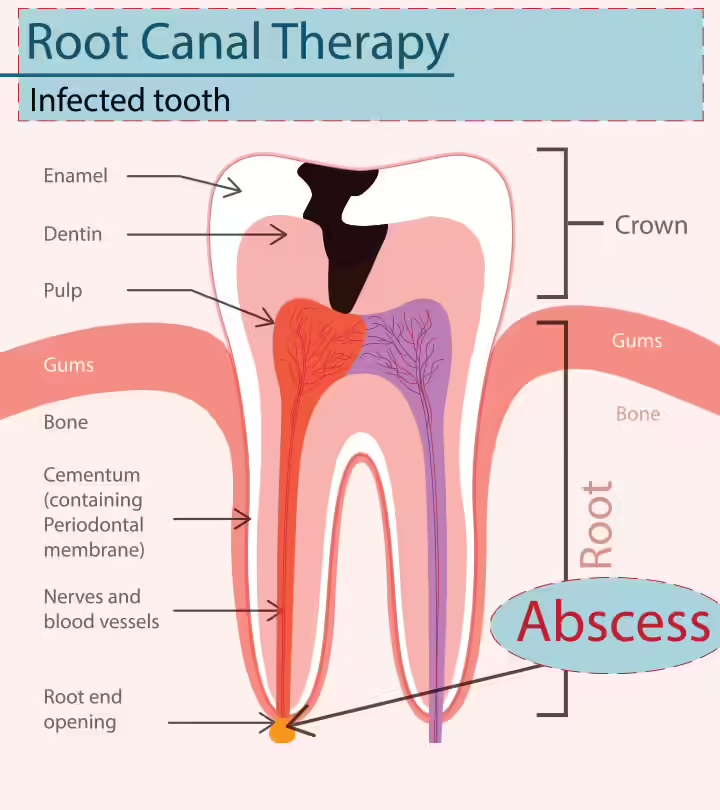Dealing with a toothache while pregnant can be incredibly frustrating. If you’re experiencing pregnant women toothache, you’re certainly not alone. Many women face this issue during pregnancy due to the significant changes their bodies are going through. Pregnant women toothache can stem from various factors related to hormonal shifts, dietary changes, and oral hygiene practices. Understanding why you might be suffering from pregnant women toothache and how to address it is crucial for managing discomfort and maintaining your dental health throughout your pregnancy. Let’s dive into what could be causing this pain and how you can find some relief.
How Pregnancy Impacts Your Dental Health
Hormonal Changes
Pregnancy triggers a cascade of hormonal changes, which can affect your gums and teeth in several significant ways:
- Increased Sensitivity: The surge in hormones like progesterone and estrogen can make your gums more sensitive and prone to irritation. This hormonal upheaval can result in gum inflammation, making your gums tender and more susceptible to bleeding.
- Swollen Gums: Elevated hormone levels can lead to an increase in blood flow to your gums, causing them to swell. This swelling can make brushing and flossing more uncomfortable, which can complicate your oral care routine.
Oral Hygiene Challenges
Maintaining good oral hygiene during pregnancy can become more challenging due to several factors:
- Tender Gums: As your gums become more sensitive, brushing and flossing can become uncomfortable. This tenderness can make it difficult to keep up with your usual oral hygiene practices.
- Morning Sickness: Nausea and vomiting, common in early pregnancy, can complicate oral care. Frequent vomiting introduces stomach acid to your mouth, which can erode tooth enamel and exacerbate dental issues.
Dietary Changes
Pregnancy often brings changes in eating habits that can impact your dental health:
- Cravings: You may experience cravings for sugary or acidic foods, which can harm your teeth. Consuming these foods frequently can lead to an increased risk of cavities and enamel erosion.
- Pica: Some pregnant women develop a condition known as pica, where they crave non-food items like ice or even non-edible substances. This can be harmful to your teeth and overall oral health if these cravings lead to unusual eating habits.
Foods to Avoid for Better Dental Health During Pregnancy
Limit Sugary Foods
While cravings are a normal part of pregnancy, it’s important to be mindful of your sugar intake:
- Tooth Decay: Excessive sugar consumption can lead to tooth decay, as sugar fuels bacteria that produce acid, which wears down tooth enamel.
- Cavity Formation: Frequent snacking on sugary foods can accelerate cavity formation. Try to limit sugary treats and opt for healthier alternatives whenever possible.
Avoid Acidic Foods
Acidic foods can erode tooth enamel and exacerbate dental problems:
- Choose Less Acidic Options: Opt for foods and drinks that are lower in acidity to help protect your enamel. Acidic beverages like citrus juices and sodas can contribute to enamel erosion if consumed in excess.
Common Causes of Tooth Pain During Pregnancy
Gum Disease
Pregnancy can exacerbate pre-existing gum issues and lead to new problems:
- Gingivitis: Hormonal changes during pregnancy can worsen gingivitis, a condition characterized by swollen, bleeding gums. This can cause discomfort and increase the risk of more severe gum disease if not managed properly.
Cavities
Changes in eating habits during pregnancy can contribute to dental issues:
- Increased Risk of Cavities: Cravings for sugary snacks and irregular brushing habits can lead to the development or worsening of cavities. Regular dental checkups and a balanced diet are essential to prevent this.
Tooth Sensitivity

Pregnancy can make your teeth more sensitive:
- Increased Sensitivity: You might notice heightened sensitivity to hot, cold, or sweet foods. This can be a result of changes in your oral health or exposure to acidic substances.
Enamel Erosion
Morning sickness can have a significant impact on your enamel:
- Acid Exposure: Frequent vomiting introduces stomach acid to your teeth, which can erode enamel. This erosion can make your teeth more vulnerable to decay and sensitivity.
How to Manage Pregnant Women Toothache
Maintain Good Oral Hygiene
Effective oral hygiene practices are crucial during pregnancy:
- Brush and Floss Regularly: Use fluoride toothpaste to help strengthen enamel and maintain dental health. Brushing twice a day and flossing daily can help keep plaque and bacteria at bay.
- Use a Soft-Bristled Toothbrush: A soft-bristled toothbrush is gentler on sensitive gums and helps prevent irritation.
Rinse with Saltwater
Saltwater rinses can provide temporary relief and help soothe your gums:
- Soothe Gums: A simple saltwater rinse can reduce inflammation and alleviate discomfort. This method is an easy and effective way to manage minor gum irritation.
Stay Hydrated
Keeping hydrated is important for overall oral health:
- Wash Away Food Particles: Drinking water helps rinse away food particles and keeps your mouth clean. Staying hydrated also supports your body’s overall health and well-being.
Eat a Balanced Diet
A nutrient-rich diet supports both your overall health and your dental health:
- Include Vitamins and Minerals: Focus on foods high in essential nutrients like vitamins and minerals. Foods such as leafy greens, dairy products, and fruits can contribute to healthier teeth and gums.
When to See a Dentist
Persistent or Severe Pain
If you experience severe or persistent tooth pain:
- Seek Professional Help: If the pain doesn’t improve with home remedies, it’s important to consult your dentist. Persistent pain may indicate a more serious issue that requires professional treatment.
Swelling or Fever
Additional symptoms that warrant a dental visit include:
- Swelling: Noticeable swelling in your gums or face can be a sign of infection or other dental issues.
- Fever: If you develop a fever along with your toothache, it could indicate a more serious infection requiring immediate attention.
Dental Care Tips for Pregnant Women
Regular Checkups
Maintaining regular dental appointments is crucial:
- Schedule Checkups: Aim to visit your dentist every 6-12 months or more frequently if needed. Regular checkups help catch and address potential issues early.
Inform Your Dentist
Keep your dentist informed about your pregnancy:
- Tailor Care: Let your dentist know you’re pregnant so they can adjust their care and treatment recommendations accordingly.
Avoid Unnecessary X-Rays
While some dental procedures may require X-rays:
- Limit Exposure: Avoid dental X-rays unless absolutely necessary. Discuss any concerns with your dentist to ensure that both you and your baby are protected.
Safe Pain Relief Options
Cold Compress
A cold compress can provide relief from dental pain:
- Reduce Swelling: Apply a cold compress to the outside of your cheek to numb the area and reduce swelling. This can help alleviate discomfort temporarily.
Over-the-Counter Pain Relievers
Before taking any medication:
- Consult Your Healthcare Provider: Make sure any over-the-counter pain relievers are safe for you and your baby. Your healthcare provider can recommend safe options to manage pain.
In Summary
Pregnant women toothache can be a significant challenge, but understanding its causes and how to manage it can make a big difference. By maintaining good oral hygiene, eating a balanced diet, and knowing when to seek professional help, you can keep your smile healthy and minimize discomfort. If you have any concerns or your symptoms persist, don’t hesitate to contact your dentist or healthcare provider. They are there to support you and ensure both you and your baby stay healthy and happy!




GIPHY App Key not set. Please check settings